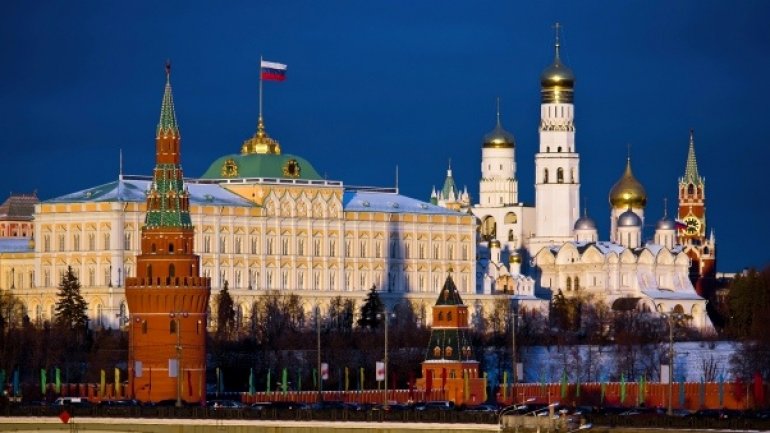The REAL reason why Moscow forced Vlad Plahotniuc's departure
 foto: UAWire
foto: UAWire
Russia's total war against the former PDM leader Vlad Plahotniuc is without precedent.
The Giant from the East has mobilized ALL THE RESOURCES owned, attention! get rid of one person. It used all diabolical pressure tools owned, fully mobilized the secret services which brought to life a whole army of frozen agents from Chisinau. A million dollars was spent through so-called non-governmental organizations, media was funded directly or indirectly, millions of dollars were sent to PSRM through couriers, repeating – to get rid of ONE PERSON.
Undoubtedly, this huge effort must have a logical explanation, and the truth is, also in this case, on the surface. As the leader of the former ruling party, Vlad Plahotniuc also aimed to a real reintegration of the country, the settlement of the Transdnestrian conflict and liquidation of the instability hub that held the whole of Europe.
Democratic Governance has adopted a strategy of small steps in this regard – it has set out to solve the specific issues faced by the people in the Dniestr security zone, but also in the entire Transdnestrian region, as eventually to end with a political solution for this conflict artificially held “cold”.
Here are some of the tangible achievments: Plahotniuc, through his colleagues from PDM, solved the problem of land plots owned by farmers in Dubasari, facilitated the access of registered cars to Transdniestria within the Community, stimulated the exchange of goods with economic agents on the left bank of Dnestr river, achieved reducing pressures on of Romanian-language schools. For the first time, Plahotniuc has secured the Eastren border of the Republic of Moldova, which is always considered a black hole. Moldovan customs officers stand next to their Ukrainian colleagues at checkpoints, which has considerably diminuished the flow of smuggling, illegal migration and blocked access to and from the region of "green men".
After a long period of cold war, relations between the two banks of the Dniester river began to thaw. Business contacts have increased, the ultimate tone has been dropped, but all these performances have sparked the Russian Federation, which, although it is officially a mediator in the negotiation process, is opposed to anything that has to do with the political settlement of the conflict.
In reality, Russia needs a separatist enclave to keep the Shah the entire Republic of Moldova, but also Ukraine, Romania and Southeast Europe. The disappearance of the Dniestr river instability outbreak is the last thing Moscow wants. On the contrary, the Kremlin needs new tensions, a new cold war, a new warrior rhetoric, and for that it had to remove the main impediment to achieving these goals – Vlad Plahotniuc.
The Kremlin emissary, Dmitri Kozak, who came by himself to Chisinau to "inherit" the alliance that now bears his name, had a road trip to Tiraspol too. He had some talks with the "political elite" there, in his traditional style, also used in the relation to Dodon - with roar and dull thumps.
And the first effects are already felt. Besides the new actions of the Transdniestrian paramilitary forces, the leaders from Tiraspol have returned to their old policy of challenges. The Delegation of the Republic of Moldova to the Unified Control Commission has already been notified about a number of new cases of intimidation and detention of the inhabitants of Chircăieşti village by the border guards and Transdniestrian border patrols in the region between Chircăieşti and Chiţcani. At the same time, the Moldovan delegation evoked the provocative practices of the structures subordinated to Tiraspol, which systematically violate the citizens' right to free movement.
So Russia is starting to rebuild its games within the region of the Dniester river, without any reaction from the new Government in Chisinau. On the contrary, it was created an impression that the appointment of Vasile Sova as Deputy Prime Minister for Reintegration was made precisely to facilitate the destabilizing mission of Moscow in the East of Moldova.